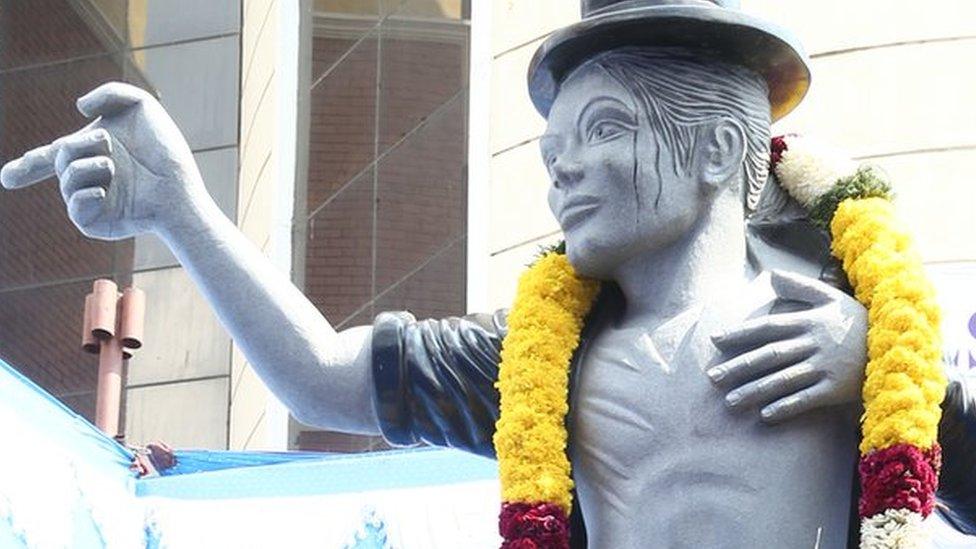A Michael Jackson concert in India that's now tax-free
- Published
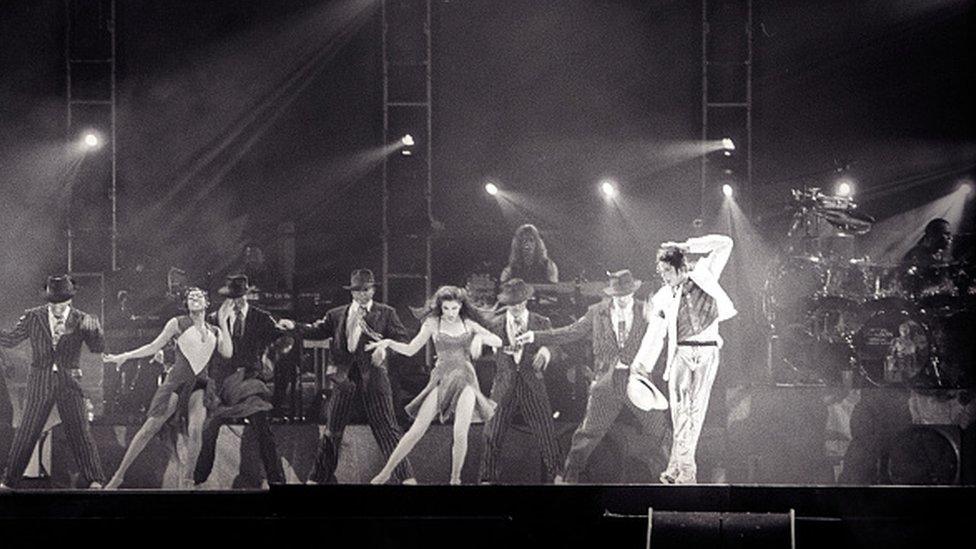
Michael Jackson performed in Mumbai on 1 November 1996
In 1996, Michael Jackson played to a packed audience in Mumbai in what was to be his only performance in India.
Some 35,000 fans attended the show in a sports arena on the first day of November. Jackson's 17-song concert in Mumbai (then called Bombay) was part of his 83-show History World Tour from September 1996 to October 1997.
At the time, Maharashtra, the state where Mumbai is located, was governed by the right wing Shiv Sena party. It had waived entertainment tax on the show on the grounds that it was meant for a "philanthropic and charitable", external purpose.
But the show soon became embroiled in a prolonged legal battle involving the government, the concert organiser and a feisty consumer protection group. At stake were issues like whether the show was eligible for a tax waiver and even how Jackson's music could be defined.
Jackson had "for reasons known to only a few, waived his performance fee", India Today, external magazine reported in November 1996.
The pop superstar had promised to donate profits from the concert - which eventually ran to more than $1m - to a Shiv Sena-run youth employment project, wrote author Suketu Mehta in his award-winning book, Maximum City, external.
But a consumer protection group called Mumbai Grahak Panchayat promptly challenged the waiver in the Bombay High Court.
"Just before the concert was held the government had increased the sales tax on medicines. We said how can you increase taxes on medicines and make a music concert attended by the affluent tax-free. Tickets were priced up to 5,000 rupees [$68; £50], which was very steep for its time," Shirish Deshpande, chairman of Mumbai Grahak Panchayat, told the BBC.
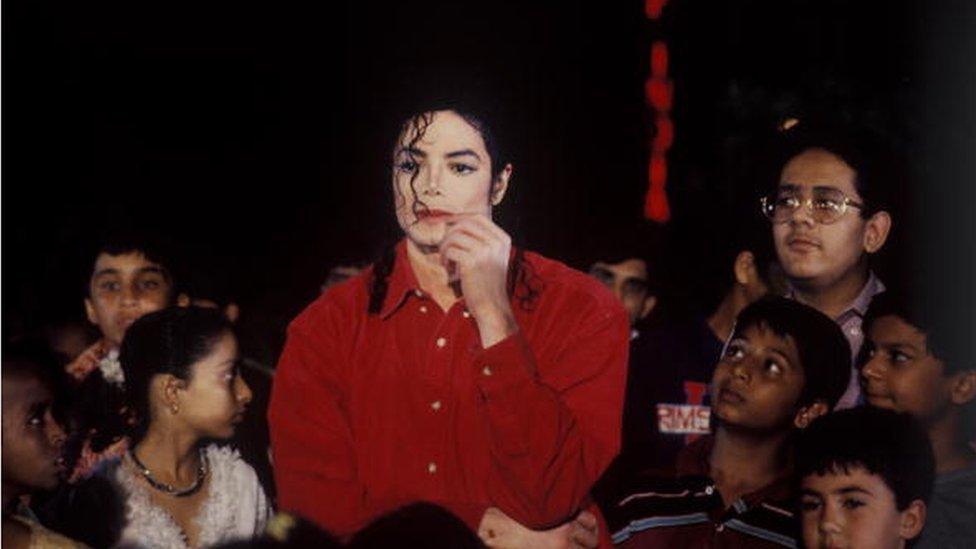
Michael Jackson with fans in Mumbai, November 1996
In India, entertainment taxes are usually waived for selected films and shows to make tickets cheaper. With Jackson's concert turning into a fundraising event, this waiver would benefit the private event management company and the ruling party-backed youth employment project, reports said.
The court responded to the consumer group's petition by freezing more than 30 million rupees in tickets sales from the concert, suspending the waiver and asking the government to examine its merits. There was even some early debate about whether pop music should be given tax favours.
Twenty-four years after the concert and many court hearings later, the current government in Maharashtra, now run by Shiv Sena in coalition with the Congress party, has reinstated the waiver.
State minister Subhash Desai said on Tuesday evening that the cabinet had passed a resolution to "waive 3.3 million rupees [about $45,000; £33,000] of entertainment tax for Michael Jackson's 1996 concert". The money is likely to be now claimed by the private event organiser, according to reports.
"We would want the money to be deposited with the government since the charity no longer exists," Mr Deshpande says.
For Indian music fans, the Jackson show was a rare concert by a pop star.
A Mumbai-based tycoon lent his convertible to Jackson, and at a city luxury hotel Jackson "asked for a free-standing, full-length mirror in the room and he signed it at the time of his departure", according to media reports., external
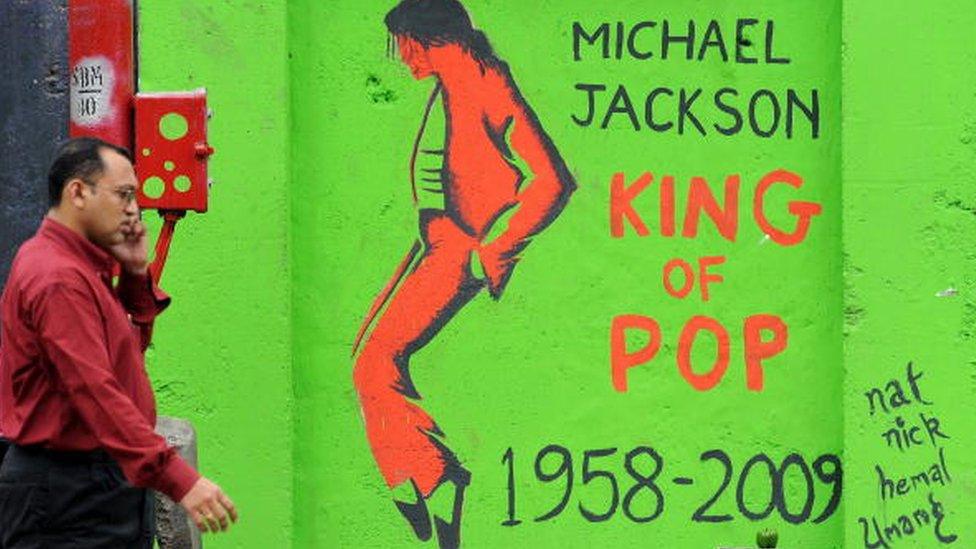
Jackson has a large fan following in India
Jackson also visited the house of Bal Thackeray, the controversial founder of Shiv Sena. Thackeray - his father anglicised his surname after William Makepeace Thackeray, English author of Vanity Fair - ran the nativist party for more than four decades before his death in 2012, aged 86.
Jackson had a large following in India, and thousands of fans gathered at Mumbai airport to greet him. "I remember him alighting from his private jet and his entourage came in four other planes. The airport came to a standstill for an hour with officers, aircraft crew and passengers coming to greet him," one of the concert organisers was quoted as saying.
But tensions were brewing in the Shiv Sena party. The opposition attacked the government, asking how a Hindu right-wing party could back a pop concert which "represented Western values".
Some Shiv Sena leaders felt the concert had "touches of obscenity". Leaders belonging to the party's ally, the Hindu nationalist BJP, were "asked to stay away from the show," India Today reported.
"Jackson has driven us apart. Is Jackson more important to the Sena than our political relationship?" an unnamed BJP leader was quoted as telling the magazine.
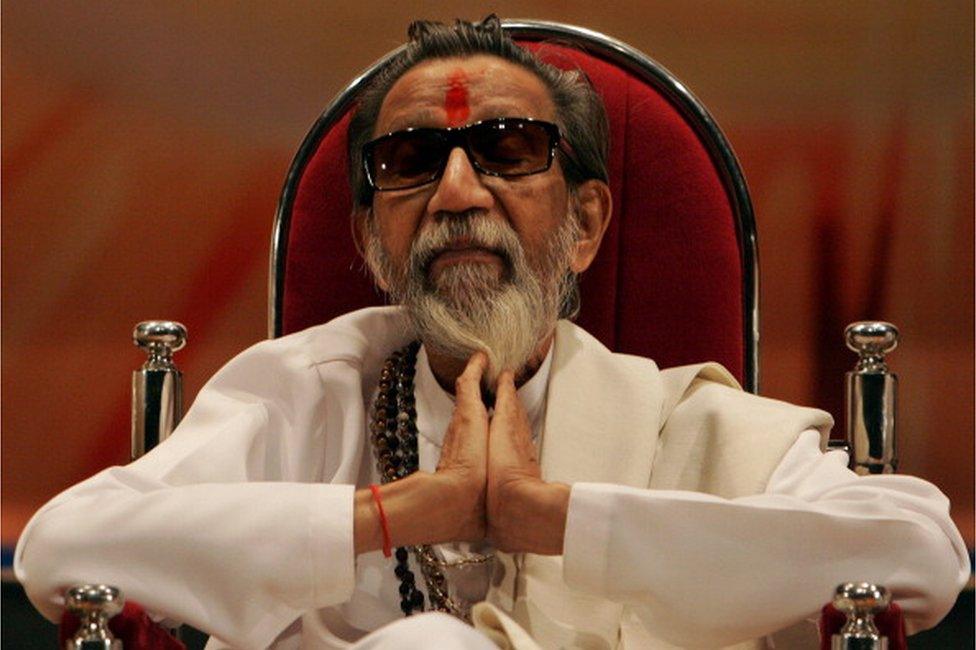
Bal Thackeray, the founder of Shiv Sena, had defended Jackson's show
Thackeray stoutly defended the pop superstar.
"Jackson is a great artist, and we must accept him as an artist. His movements are terrific. Not many people can move that way. You will end up breaking your bones," he was quoted as saying by Suketu Mehta in his book.
"And well, what is culture? He represents certain values in America which India should not have any qualms in accepting. We should like to accept that part of America that is represented by Jackson."
Jackson died in Los Angeles, aged 50, in June 2009, his legacy clouded by allegations of child sexual abuse.
Back on a balmy Mumbai evening in 1996, the show at the sports stadium was a spectacular hit. One fan remembered Jackson "circling the stadium in a helicopter and then making an entry from a rocket". A 15-year-old fan remembers being called to the stage to dance with Jackson, external.
A journalist who was covering the event told Conde Nast Traveller, external: "Those who couldn't get in jammed the streets outside. These were the days when noise control norms were still lax, and one could hear his music for miles. People were going nuts - they were singing and dancing in the streets."
Taj Jackson on Leaving Neverland allegations
Related topics
- Published9 March 2019
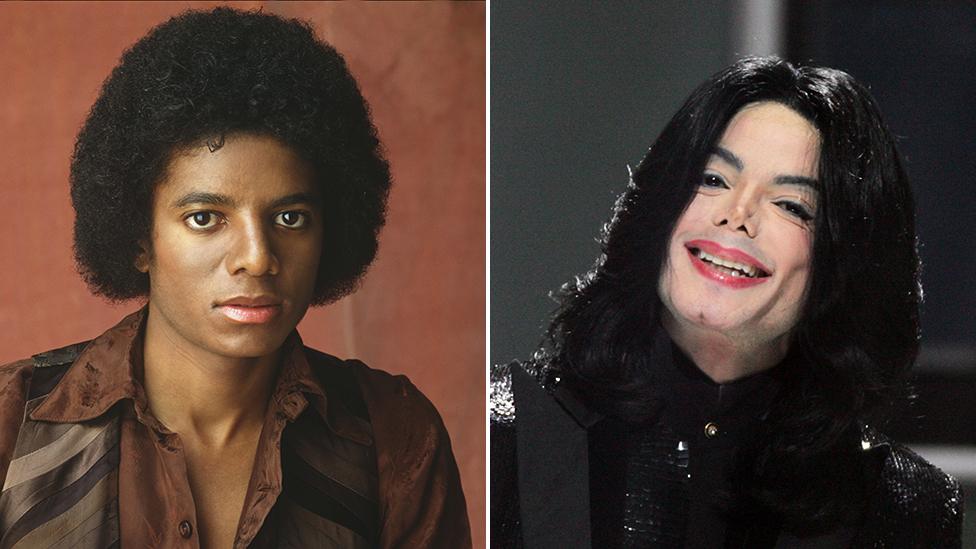
- Published25 June 2019
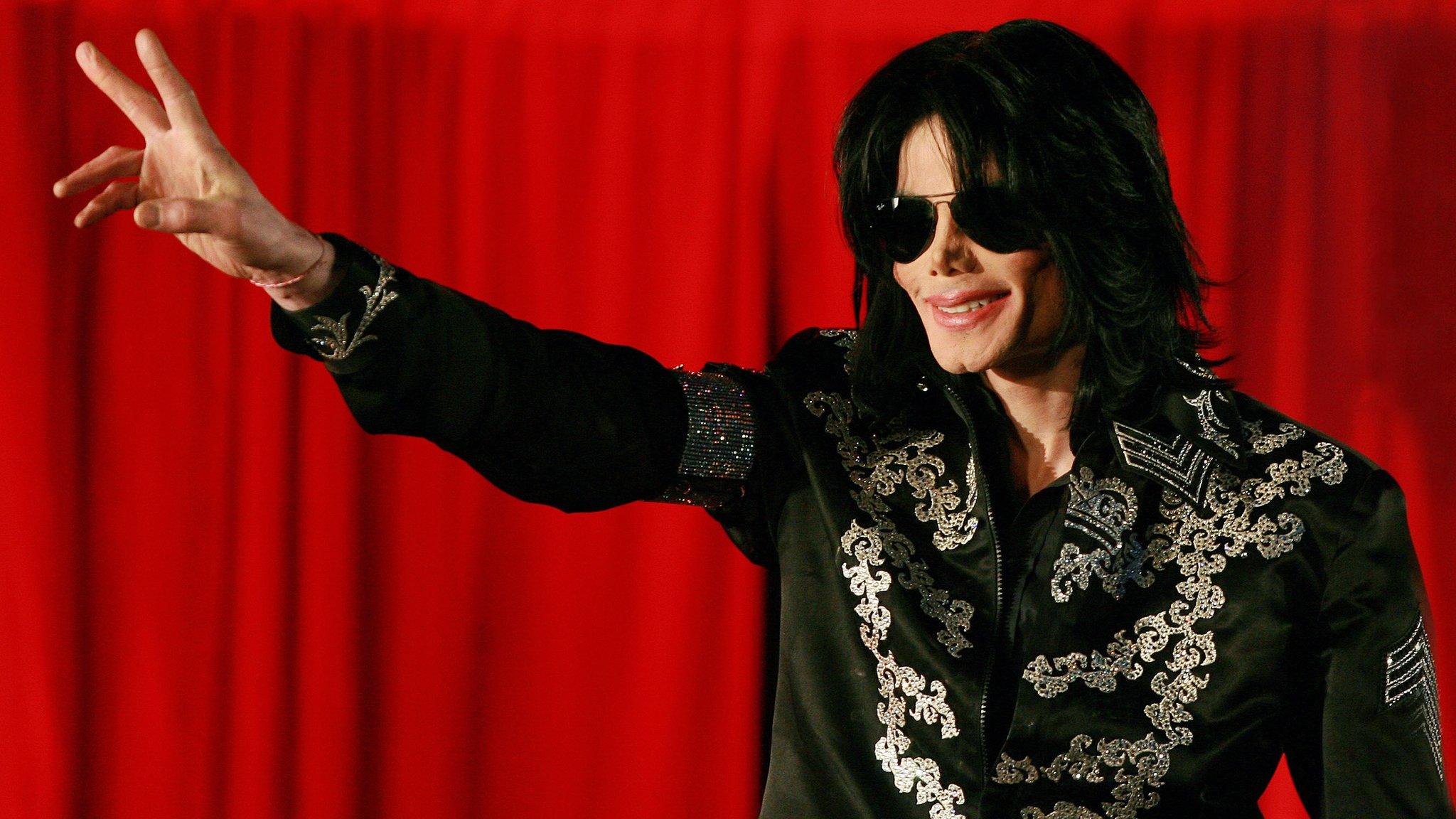
- Published8 April 2016
